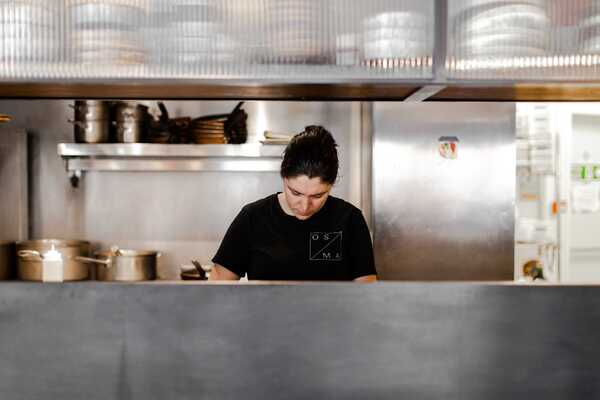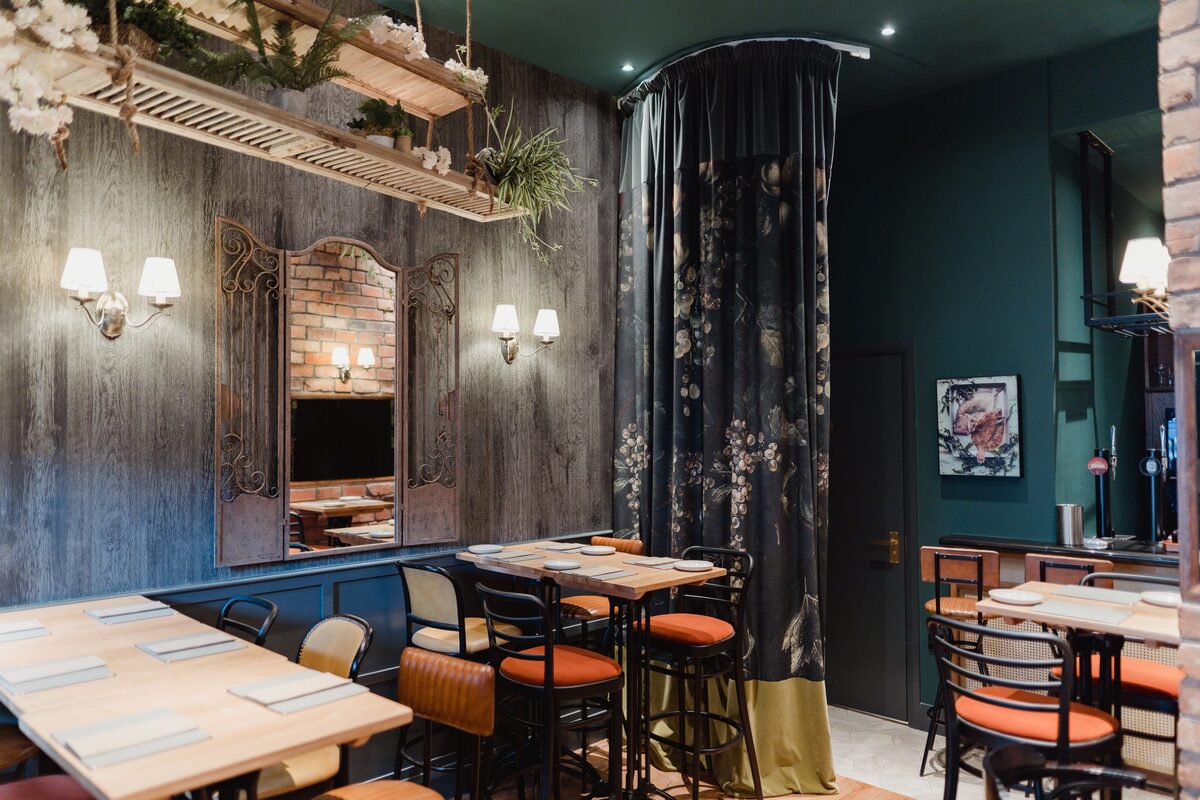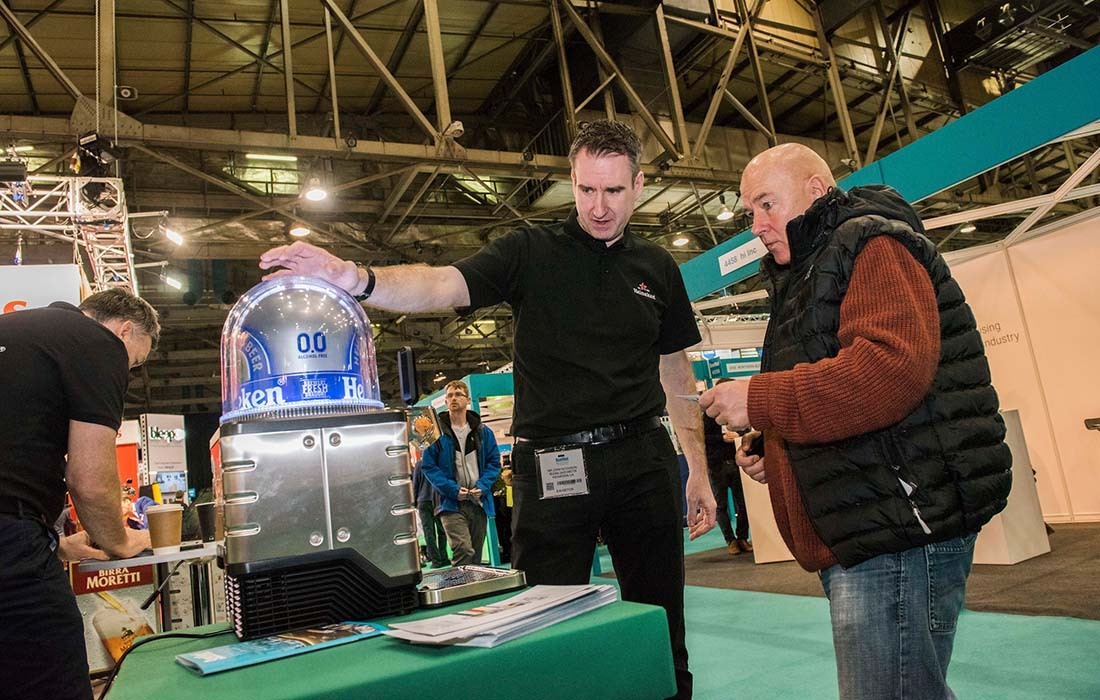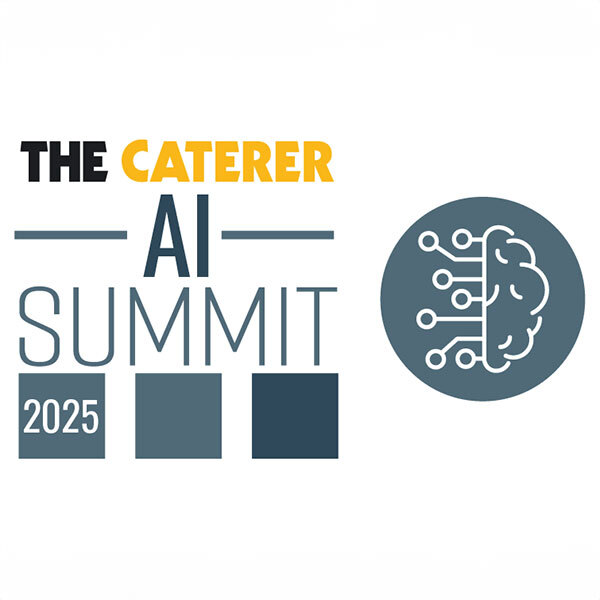Viewpoint: How to cleverly approach artificial intelligence for your hotel
As is always the case with the advent of new technology, the ones who understand its potential first stand to benefit the most, says Jim Cockell
Love it or hate it, artificial intelligence (AI)
It has an impact on every element of our lives, from the way we interact with each other to how we work and play.
From voice recognition-enabled search engines and virtual reality tours to online chatbots acting as customer service agents, AI is ingrained in our society and, as an industry, we should be capitalising on this.
Consumers are already familiar with interacting with AI in their everyday lives, whether they consider it as AI or not, so itâs only a matter of time before hotel guests expect this technology to be integrated into their stay, too.
As with anything, those who adapt fastest will benefit the most, and in the hotel industry, there are a lot of gains to be made. Developers are waking up to this fact. Just recently we saw Amazon unveil its Alexa for Hospitality device, which has been designed to bring Amazonâs voice assistant technology into hotels, allowing guests to ask their in-room device about information such as check-out times or dinner reservations and even order room service.
From a hotelierâs point of view, not only does it mean the team spends less time answering the more repetitive guest queries, it also allows hotels to cut back on the amount of in-room printed collateral they need â" great news for the environment â" and enables hotels to monitor the types of questions guests ask. This kind of data is invaluable and means that we as an industry can constantly learn and improve the customersâ experience. From the guestsâ perspective, itâs also far more convenient than picking up the phone or walking to reception.
In the coming years I expect weâll see this kind of in-room AI progress rapidly. Weâre already seeing tailored news bulletins, weather forecasts and playlists in some hotels, so how long will it be before an in-room AI assistant books a taxi or asks for any food allergies before a evening meal?
Perhaps weâll see social media integration, where guests can automatically check in when they arrive at a hotel. And, with virtual reality (VR) tours of hotels already on the rise, perhaps these will evolve further to give guests VR excursions to points of interest without having to leave their room.
Of course, with any emerging technology, hotels need to exercise caution. Privacy concerns and the handling of data are hot topics, and hotels must be clear and concise in how they capture data, how itâs stored and how itâs used.
Itâs natural for us as humans to be wary of AI, and some guests may feel uncomfortable with it to start with. Communicating clearly how it works, how it can help and â" importantly, giving people the option to switch off from it during their stay â" is therefore a good idea.

As an industry, very few of us can automate every touchpoint in a guestâs stay, but we should challenge where AI can enhance or personalise the experience for a customer. This will create greater loyalty, higher levels of satisfaction and, ultimately, happier guests and customers.
Jim Cockell is the owner and founder of the Old Stocks Inn in Stow-on-the-Wold, Gloucestershire



















